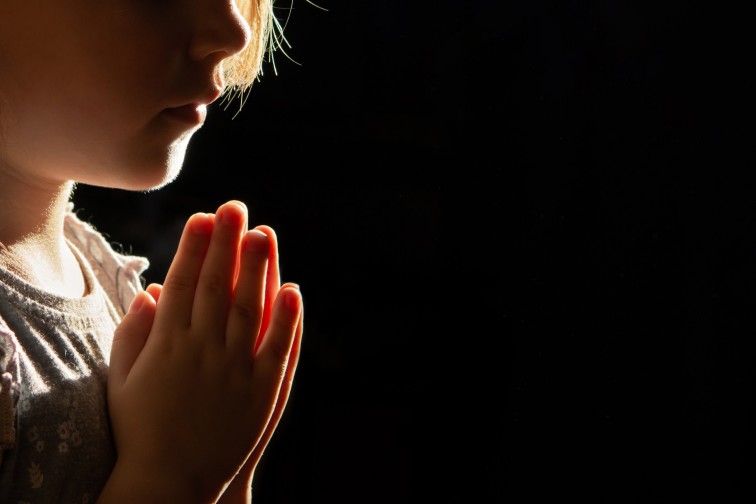In a February National Journal article, Peter Beinart declared “the end of American exceptionalism.” He joined many others who have come to eschew a belief in America’s greatness. I will say, this is not necessarily a bad thing. In many ways, it is a realistic assessment of the present state of affairs. And yet, while I’m not bothered by the content of their critique, the tone worries me.
Another voice in the choir is Richard Gamble, an associate professor at Hillsdale College, who recently wrote a review of Charles Murray’s short book, “American Exceptionalism.”
According to Gamble, American exceptionalism is braggadocious and vain. It is “rarely the stuff of dispassionate academic discourse. It has become wedded to modern nationalism,” Gamble writes. He goes on to argue that:
Our preoccupation with being exceptional, with figuring out just how exceptional we are, and then constantly reminding ourselves and insisting to the world on the indubitable truth of that exceptionalism, is not attractive. Like all vanity, it impedes self-knowledge. And it forgets indebtedness to the past.
I agree, in part. There is certainly a subsection of American culture that is distastefully proud and arrogant—I can hear shouts of “‘Murica” as I write this. Radical nationalism and xenophobia exist, but they are hardly the posture that Murray holds. If his discussion of American exceptionalism is not considered “dispassionate academic discourse,” I don’t know what qualifies.
[pq]If America isn’t exceptional today, we should do what we can to make it so again.[/pq]
Murray describes American exceptionalism as a fact of the past, not a guarantee for the future. He’s certainly not, “insisting to the world…the indubitable truth” of America’s greatness or blindly “impeding self-knowledge.” In his book, “Coming Apart,” Murray laments the fracturing of American society and hopes for a civic Great Awakening that might restore the undeniably unique and precious culture that Americans once enjoyed.
In these uncertain times, don’t we need more people with Murray’s sober, but hopeful perspective? Instead, I fear that too many Americans have discarded both pride and care for their country. The denial of American exceptionalism often turns into a hipster-like posture that says, “America is too mainstream, tacky, and over-bearing. Sure, I was born here, but that wasn’t my choice.” It is easy to take humility too far, turning it into unproductive self-deprecation. We end up distancing ourselves from both the good and the bad of our country and home.
May I suggest a few things in response to this tendency:
First, there is a difference between pasting a “MY KID is on the Honor Roll” bumpersticker on the back of your car, and expecting your child to work hard and be successful in the classroom—and supporting them so that they can achieve it. The same is true for our country.
And second, we have a responsibility to the place that we call home. Pride may not be necessary, but we certainly should favor and deeply care about the place where we were providentially placed. Don’t forget, God tells us to “seek the peace and prosperity of the city to which I have carried you” (Jeremiah 29:7). This concern is not to the exclusion of the rest of the world, but we do have a special responsibility to the people and place that are in close proximity to us.
If America isn’t exceptional today, we should do what we can to make it so again. This doesn’t mean shouting it from the rooftops. But it does mean appreciating the place we call home, and actively seeking its prosperity, rather than distancing and disassociating ourselves from it.



